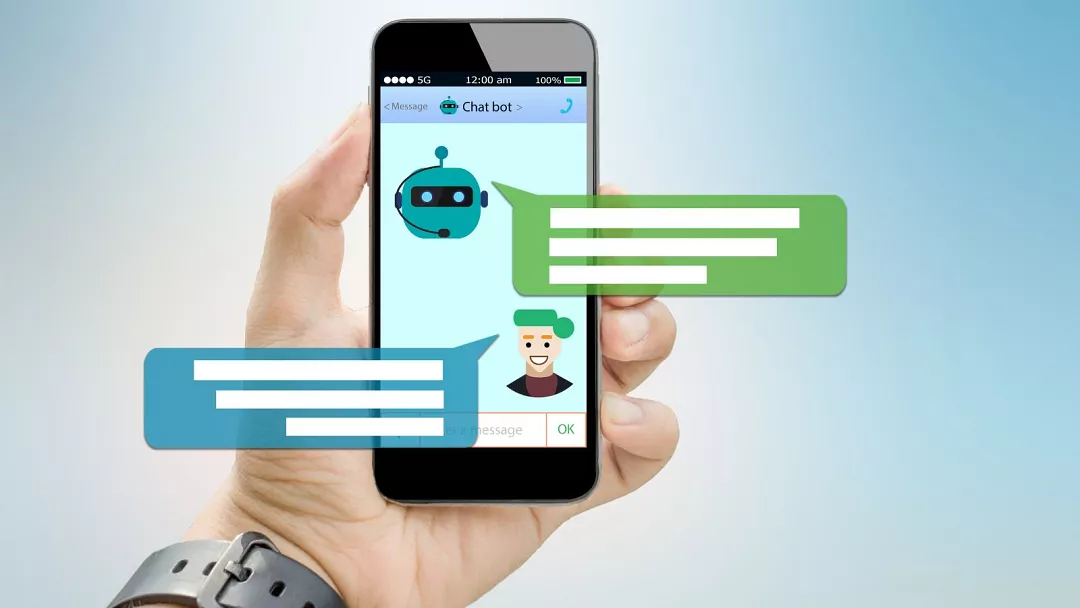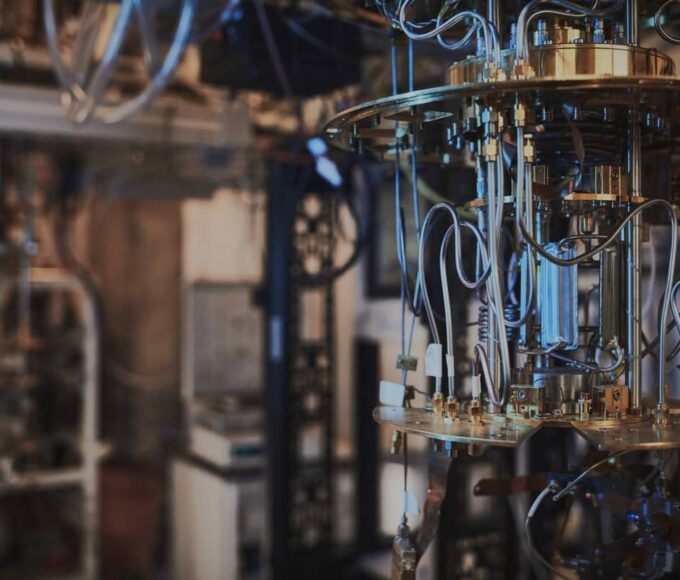Researchers at the Massachusetts Institute of Technology (MIT) have developed an AI chatbot that allows users to have conversations with simulated versions of their 60-year-old selves.
The system uses OpenAI’s GPT-3.5 language model and information provided by users to create a “synthetic memory” of their potential future.
The chatbot aims to tap into the concept of “future self-continuity,” which suggests that individuals who feel a strong connection to their future selves are more likely to make decisions benefiting their long-term wellbeing.
By making the future feel more tangible, the researchers hope to reduce “temporal discounting,” where people prioritize immediate rewards over long-term benefits.
In a pre-print study involving 344 participants aged 18-30, users reported decreased anxiety and negative emotions after interacting with their digital older selves. The chatbot also includes a digitally-aged profile picture to enhance the sense of realism.
While the initial results seem promising, experts note that further research is needed to determine if the chatbot leads to actual behavioral changes. Ethical considerations, such as the potential for AI-generated content to endorse harmful behaviors, were also highlighted in the study.
This innovative approach to connecting present and future selves could have implications for decision-making in areas such as finance, education, and health.











